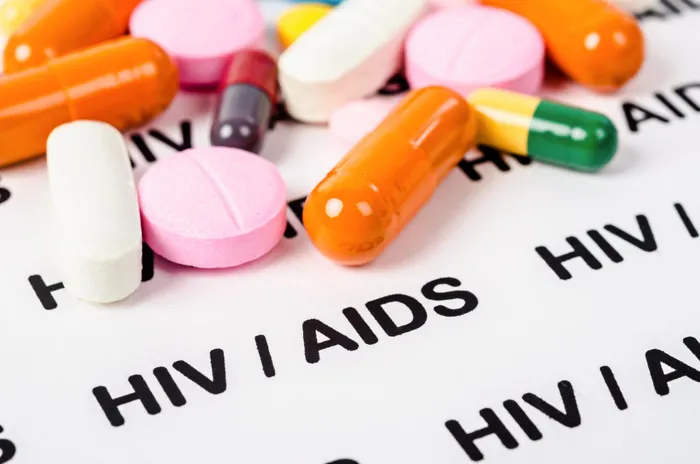New court ruling empowers accredited South African pharmacists to prescribe HIV medications

The Independent Community Pharmacy Association has welcomed a Supreme Court of Appeal judgment that allows accredited pharmacists to prescribe pre-exposure prophylaxis (PrEP), post-exposure prophylaxis (PEP) and first line therapy for the prevention, treatment and management of HIV.
Image: Supplied
Accredited South African pharmacists can now legally prescribe certain HIV medicines, significantly improving access to life-saving treatment for hundreds of thousands of people living with or at risk of HIV.
This is the result of a Supreme Court of Appeal (SCA) ruling after nearly three years of litigation between the Independent Practitioners Association Foundation (IPAF) and the South African Pharmacy Council (SAPC) over the council’s Pharmacy Initiated Management of Antiretroviral Therapy (PIMART) programme.
The initiative allows accredited pharmacists to prescribe pre-exposure prophylaxis (PrEP), post-exposure prophylaxis (PEP), and first-line HIV therapy for prevention, treatment, and management.
According to the judgment, the initiative is aimed at increasing patients’ access to antiretroviral medicines for PrEP and PEP amid as HIV infections remain persistently high in South Africa.
The IPAF consists of members who are family medical practitioners in private practice. It had challenged the decisions of the SAPC to implement the PIMART programme. It first took the matter on review to the North Gauteng High Court but the case was dismissed.
The IPAF then appealed to the SCA and the case was heard on November 22, 2024. The appeal court dismissed the case last week.
The Independent Community Pharmacy Association (ICPA) welcomed the ruling, calling it “a victory for healthcare in South Africa”.
The association stated that the judgment recognises that “hundreds of thousands of people across South Africa remain undiagnosed and untreated for HIV.”
It added that the ruling allows “for a collaborative effort between medical practitioners, nurses, and now pharmacists in the fight against HIV/AIDS.”
The PIMART initiative has been designed to expand access to HIV prevention and treatment services, particularly in underserved areas where healthcare facilities are limited.
Pharmacists accredited under the programme undergo specific training to safely prescribe and manage antiretroviral therapy within defined clinical protocols.
ICPA said the judgment was not only a professional win for pharmacists but also a milestone for patient care.
“Patient care will surely be improved as the healthcare professions unite in the fight against HIV/AIDS,” the association said, congratulating SAPC for “having the fortitude to defend [PIMART] for the betterment of the South African public and the expansion of HIV treatment in the pharmacy healthcare sector.”
The association urged all healthcare professionals to use the judgment as an opportunity “to unite, to collaborate, and to find common ground in supporting the fight towards the eradication of HIV/AIDS.”
Related Topics: